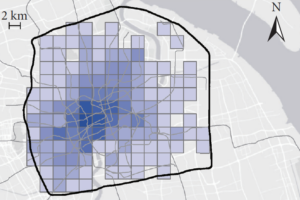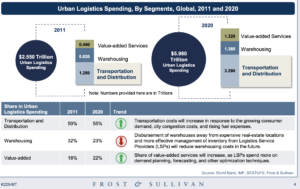Category «Research»
Global urban logistics spending is expected to reach US$ 5.9 trillion in 2020
Construction logistics: what role can cross-project collaboration play?

There are many inefficiencies in the construction process leading to significant failure costs and low-profit margins. The bundling of resources and capacities has been found essential, especially in inner cities where space is limited and the livability of the city needs to be taken into account. There is a need to manage the logistics of …
Vertical farming: what challenges are there?
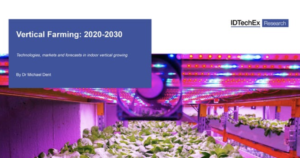
Vertical farming is the practice of growing plants indoors under fully controlled environmental conditions in many stacked layers, using artificial lighting instead of relying on the sun. By tuning the growing environment to the exact needs of the plant and using soil-free growing techniques, vertical farming can achieve yields hundreds of times higher than conventional …
City logistics: light, electric, connected, autonomous and shared?
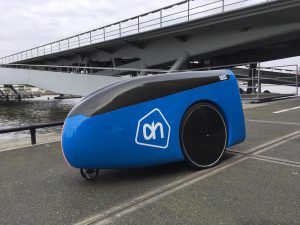
A new paper by Varma and Combes from IFFSTTAR discusses the questions: is a transition to Autonomous, Connected, Electric and Shared (AECS) LCV’s in the context of city logistics feasible? The impact of new technologies, services (such as the rise of instant deliveries, and AECS, is currently uncertain, and should be assessed in the long term.
Research: identifying key motives for the adoption of electric vans

The large-scale diffusion of low-emission vehicles is required to increase the sustainability of the transport system. Statistics show strong and continued growth in the sales of electric and other low-emission vehicles in the passenger car market. The light commercial vehicles market, however, has thus far been a different story. A barrier to widespread adoption seems to be …
What potential is there for coordinating demolition waste in urban construction logistics?

The largest waste types in construction projects are surplus rock, stone fractions and other construction- and demolition waste, with a large potential for reuse and recycling. In order to fulfill national and international goals of 70 % material recovery from construction and demolition projects, it is necessary to facilitate adequate management of these waste flows.
Research: foresight research methods for sustainable urban freight transport for smart cities
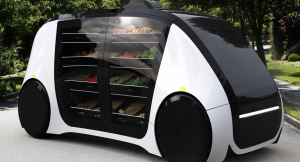
A new paper by Zhangyuan and Haasis (2020) in Sustainability aims to construct a theoretical research framework for sustainable urban freight transport (SUFT) from the perspectives of future urban development and distribution innovations and appropriate research methods are discussed, as well. Urban freight transport plays a critical role in the promotion of sustainable and livable cities.
June 30-July 1 2020: 3rd annual Transportation-as-a-Service Technology event

The 3rd annual Transportation-as-a-Service (TaaS) Technology event is a two-day global conference and exhibition dedicated to covering the key topics of Autonomous, Connected, Electric, Shared (ACES) mobility, the new emerging business models disrupting the industry and the tools which will be required to make it a reality.
UTCR about crowd shipping: who is willing to do it?

The rapid emergence of direct-to-home delivery models has quickly changed the spatial and temporal distribution of both individual travelers’ trips and of urban goods movements. A growing number of household and consumer products now being delivered directly to homes rather than being picked up in retail stores.

